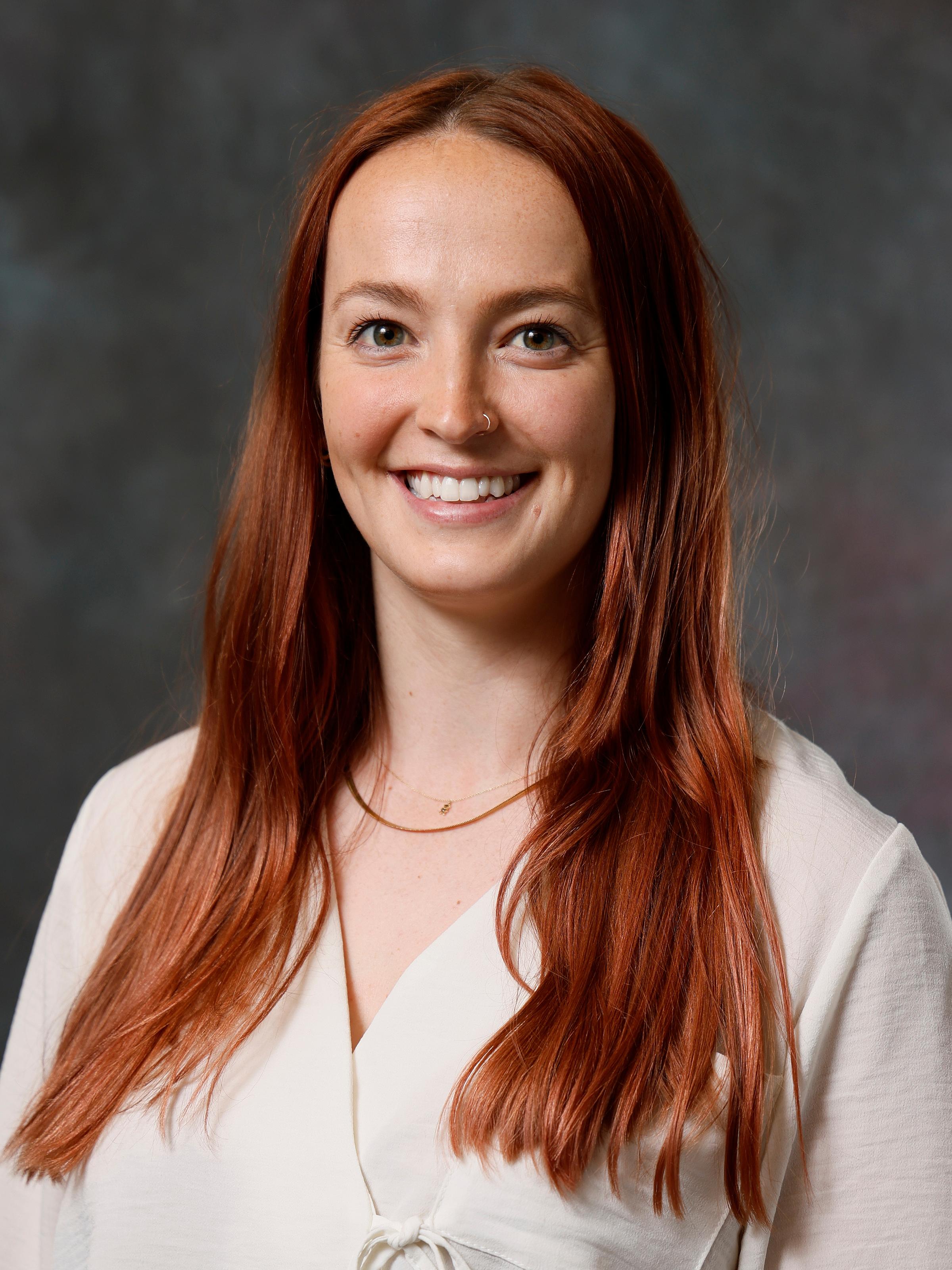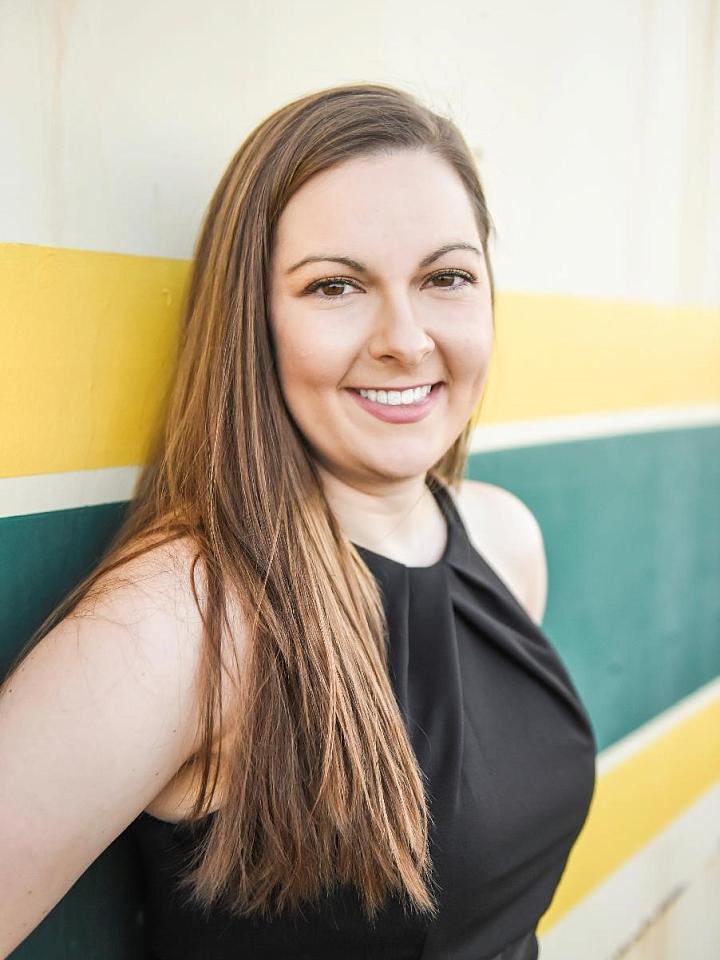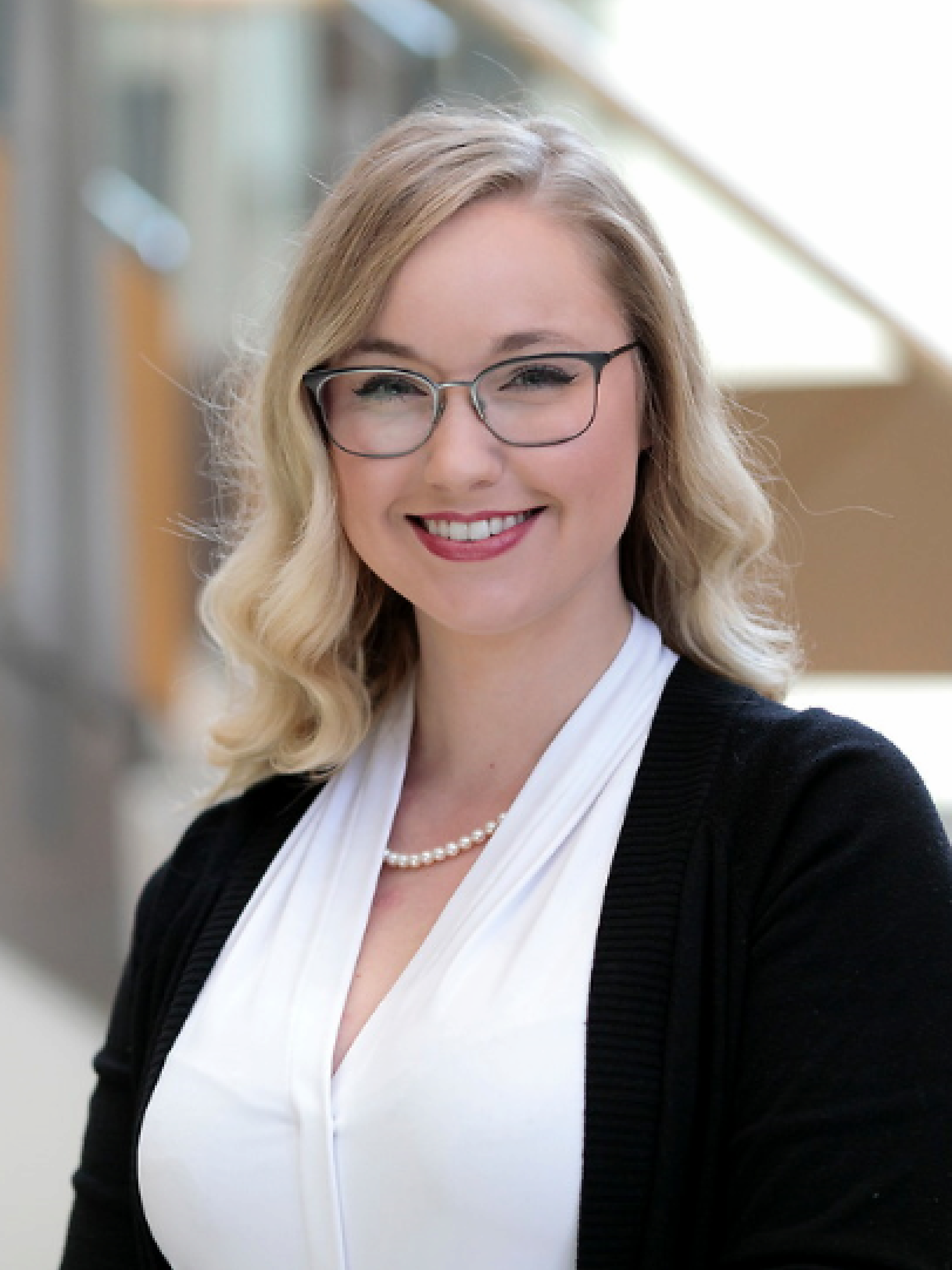
About this PGY2 Pharmacy Residency Program

Program Description:
The PGY2 emergency medicine program is designed to help residents transition from general pharmacy practice to specialized clinical pharmacy practice in the emergency department. Residents are fully integrated into multidisciplinary teams that include physicians, resident physicians, nurses, respiratory therapists, case managers, and social workers. Training focuses on development of independent clinical emergency response, triage of complex medical questions and responsibilities, resource utilization, transitions of care and communication, interdisciplinary teaching and the development of diverse content expertise founded in evidence-based medicine. Leadership and practice management are enhanced through various teaching opportunities, formal presentations and department projects.
Program Goals:
After successful completion of this emergency medicine pharmacy residency program, the resident shall be able to:
- Systematically and methodically develop care plans and monitor critically ill patients for efficacy of drug therapy and possible adverse drug events.
- Establish a high level of professional responsibility, dedication, skill and maturity to practice in an emergency medicine clinical environment.
- Exhibit actions and behaviors of a highly sophisticated emergency medicine pharmacy practitioner and serve as a leader in clinical practice, medication safety, and policy/protocol development.
- Clearly, concisely, effectively, and appropriately communicate, both verbally and in writing, with health care professionals, patients and patients’ family members.
- Attain a level of didactic knowledge that will enable them (after additional study and review) to pass the examination for appropriate Board of Pharmacy Specialty (BPS), e.g. BCEMP when available.
- Demonstrate motivation and responsibility for honest self-assessment of skills sets and translate this into self-directed, independent study and learning.
Practice Site:

University of Utah Health
- 636-bed academic medical center located in Salt Lake City, Utah.
- Level 1 trauma center, intermountain burn center, ED ECMO team, comprehensive stroke center, 24-hour STEMI activation center, PAH center, heart/lung/liver/kidney transplant center, advanced MCS services including LVAD, impella, and IABP devices.
- UUH has five ICU units with over 90 ICU beds specializing in medical, burn, surgical, cardiovascular surgical and neuro ICU services in addition to the oncology ICU at Huntsman Cancer Center.
- Serves as a major referral site for approximately 10% of the United States within the Intermountain West. High acuity patients are transferred for specialized care from Idaho, Wyoming, Nevada, Montana, Colorado, and New Mexico.
- U of U Health has a $492 million research enterprise and trains the majority of Utah’s physicians, and more than 1,670 scientists and 1,460 health care providers each year at its Colleges of Health, Nursing, and Pharmacy and Schools of Dentistry and Medicine.
- > 20,000 employees, 12 community clinics and five hospitals: University Hospital, Huntsman Mental Health Institute, Huntsman Cancer Hospital, University Orthopedic Center, and the Craig H. Neilsen Rehabilitation Hospital.
- For the 16th consecutive year, University of Utah Health has been recognized as a top ten performer in the 2025 Bernard A. Birnbaum, MD, Quality Leadership Ranking by Vizient, Inc.
- U of U Health was ranked 8th of 1,220 participating comprehensive academic medical centers nationwide in the 2025 Vizient Quality and Accountability Ranking.
- The Drug Information, Specialty Pharmacy, and Pharmacy Informatics Services at U of U Health are models of advanced practice. The health system serves as a primary rotation site for University of Utah's College of Pharmacy students.

Emergency Department
- Approximately 60,000 annual visits
- 50 bed main emergency department with 4 resuscitation bays
- Dedicated emergency medicine pharmacist space within the doc box
- 24/7 clinical pharmacy services within the emergency department
- Opportunity to work with 36 emergency medicine residents per year (PGY1-PGY3s) and numerous fellows specializing in EMS, sports medicine, ultrasound, resuscitation, global health, medical education, hospice and palliative care and wilderness medicine
- Community medicine opportunities at our stand-alone ED in South Jordan
Program Requirements:
Longitudinal Required Experiences:
- Flip Research Model Project & Quality Improvement Project
- Administration, Management, and Leadership
- Education & Teaching
- Service commitment (staffing)
Required Learning Experiences:
Divided into several rotations with advancing level of responsibilities and objectives. Resident spends 25+ weeks in the UUH emergency department.
- Foundations (EM1): orientation to pharmacy clinical practice, policies and protocols, and integration into interdisciplinary team. Focus on solidifying basic pathophysiology and pharmacotherapy.
- Advanced Practice and Application (EM2): Higher expected level of independence. Preceptor in ED and available but resident expected to perform all pharmacy duties and communications. May serve in preceptor role if layered-learning is available.
- Noctunist (EM3): Required 6–8-week overnight experience, based out of ED but also cross covering the ICUs, learning prioritization and triage skills. Higher expected level of independence.
- Capstone (EM4): Independent practice expected; may choose a variety of settings (academic vs community), shifts, and precepting opportunities depending on personal goals.
- Poison Control (4 weeks)
- Medical ICU (4 weeks)
- Community EM (4 weeks)
Elective Learning Experiences:
Two of the following (4 weeks unless otherwise stated)
- Cardiovascular ICU (CVICU)
- Surgical/Trauma ICU (SICU)
- Burn ICU
- Swing ICU
- Neuro ICU
- Combined SICU/CVICU (6 weeks)
Optional Experiences:
- Teaching Certificate with extra training sessions, teaching requirements, & separate portfolio
- Residency improvement project, i.e. Microsoft teams set up for EM preceptor team, Canva education tools
Other Experience Highlights:
- Quarterly social emergency medicine/critical care journal club events
- Highly customizable experience, tailored to resident’s career goals
- Involvement in quarterly Code Blue/RRT lectures with hands on demonstration to pharmacy interns, PGY1s, and clinical pharmacists
- Access to statistician support and RedCap for data collection and analysis depending on project need
Service Commitment:
- PGY2 EM residents complete their staffing requirement within the emergency department.
- 384 hours
- Scheduled in coordination with resident and department needs
- Mix of 8- and 10-hr shifts including day and swing shift on weekdays and weekends
- Residents are required to staff a 2-day major holiday (ex: Christmas eve & Christmas day) and 2 minor holidays.
Salary & Benefits
- Pharmacy residents are classified as regular, full-time, exempt employees
- Salary: $75,000 annually for PGY2 residents
- The benefits package includes health, dental, and life insurance, and staff discounts
- Flexible spending accounts – pretax payment of health and dependent care services
- Residents accrue paid time off (PTO) at a rate of 13.3 hours per month, which totals at least 18 days per year
- Residents receive up to 11 days of holiday pay per year
- Registration is paid for the Mountain States Residents Conference
- ASHP Midyear conference registration is usually paid but is dependent on department funding
- Additional conference attendance and registration to be considered on request, dependent on available funding and speakership status
- Residents receive a laptop for use during their training, data collection software and statistician access
- Uniform/scrub stipend
- Free public transit pass
- 24-7 Starbucks on site
Emergency Medicine Pharmacy Team

Current Resident
Lauren Kobasuk, PharmD
Hometown: Cincinnati, OH
Alma mater: Ohio State University College of Pharmacy
Lauren.Kobasuk@hsc.utah.edu
Bio
Lauren was raised in Cincinnati, Ohio and completed both her undergraduate and PharmD degrees at THE Ohio State University--go Bucks! She completed her PGY1 here at the University of Utah Health and is so excited to be staying to pursue an emergency medicine residency. Her interests lie in emergency medicine, critical care, and humanitarian crisis medical care.
When she is not working, she loves anything outdoors in the mountains--from hiking to skiing to snowboarding.

Program Director
Savannah Lail, PharmD, BCPS, BCCCP, BCEMP
Clinical Pharmacist Emergency Medicine
PGY2 Emergency Medicine Residency Program Director (RPD)
Alma Mater: UNC Eshelman School of Pharmacy
Training: PGY1 Pharmacy Residency at UC Davis Health
Savannah.Lail@hsc.utah.edu
Bio
After residency Savannah worked at Kaweah Health in Visalia, CA from 2014-2022 as an Emergency Medicine Clinical Pharmacy Specialist. She moved to Utah in 2022 and has been at the University of Utah since April 2023. Savannah has many clinical interests but enjoys complex medical resuscitations and is passionate about women’s health, with a focus on medications in pregnancy and lactation. She is particularly passionate about teaching and almost always has a learner on rotation. Savannah established numerous novel teaching opportunities while at Kaweah Health including PYG1 experiences of a Code Blue Longitudinal Rotation and a Preceptor-focused Teaching Certificate Program and created a GME rotation for medical residents and PA fellows. She has received several teaching awards and recognition for her teaching acumen, most recently recognized by the graduating Univ of Utah EM Medical Resident Class of 2025 for ‘Exception Contribution to Medical Resident Education’.
Outside of pharmacy and teaching, Savannah can usually be found dragging her husband and kids on hiking and photography ‘adventures’ around the Western US.

Program Coordinator
Mckenna Jennings, PharmD, BCCCP
Clinical Pharmacist, Emergency Medicine and Critical Care
PGY2 Emergency Medicine Residency Program Coordinator (RPC)
Alma Mater: Purdue University College of Pharmacy
Training: PGY1 and PGY2 Critical Care Pharmacy Residency at Indiana University Academic Health Center - Methodist Hospital
Mckenna.Jennings@hsc.utah.edu
Bio
After residency Mckenna stayed with IU working overnights as a clinical pharmacy specialist in emergency and critical care medicine. Mckenna came to the University of Utah in August 2022 and helped start overnight clinical pharmacy services for the ED and ICUs. Mckenna has diverse clinical interests both within the ED and ICU, including quality improvement, resuscitation, anticoagulation/reversal, sepsis and ECMO among others. She enjoys teaching residents how to apply clinical knowledge in real-life, hands-on, high acuity situations.
Outside of work Mckenna enjoys hiking, paddle boarding, skiing and camping in her campervan with her husband, daughter and 2 pups.
Cameron Nelson, PharmD
Clinical Pharmacist Emergency Medicine
Alma mater: University of Montana
Training: PGY1 Pharmacy Residency at UC Health Poudre Valley Hospital, PGY2 Emergency Medicine at University of Utah Health
Andrew Rosenblum, PharmD
Clinical Pharmacist Emergency Medicine
Alma mater: University of South Florida
Training: PGY1 and PGY2 Emergency Medicine at University of Vermont Medical Center
Jeannie Rollo, PharmD
Clinical Pharmacist Emergency Medicine
Alma mater: University of Utah College of Pharmacy
Khalil Ford, PharmD, BCEMP
Clinical Pharmacist Emergency Medicine
Alma mater: South Dakota State University College of Pharmacy
Training: PGY1 HCA Houston Health Center Clear Lake, PGY2 Emergency Medicine at University of Utah Health
South Jordan Campus:
Brittany Newton, PharmD
Clinical Pharmacist Emergency Medicine
Alma mater: University of California Davis
Training: PGY1 and PGY2 Emergency Medicine at UC Davis Medical Center
Bradley Bingham, PharmD, BCPS
Clinical Pharmacist Emergency Medicine
Alma mater: University of Arizona
Training: PGY1 Mosaic Life Care
Qualifications
- Graduate from an ACPE-accredited pharmacy program with a doctor of pharmacy degree (or equivalent combination of education and clinical experience)
- Minimum GPA of 3.1 on a 4.0 scale.
- Residents must have completed an accredited PGY1 pharmacy residency program.
- Applicants must be eligible for Utah licensure and are expected to obtain licensure as a pharmacist in Utah by September 30th of each program year.
- The University of Utah Pharmacy Residency programs do not sponsor visas.
Applications
All residency programs at University of Utah Health use the Pharmacy Online Residency Centralized Application Service (PhORCAS).
The deadline for application submission is 23:59 (EST) January 2nd 2026
- Requirements:
- Completed PhORCAS registration
- Curriculum vitae
- Letter of intent
- College of pharmacy transcripts
- Three recommendations using the PhORCAS standard form
No paper applications will be accepted. Completed applications in PhORCAS are reviewed, and competitive applicants are invited to attend a full-day interview in February (interviews dates TBD; will be virtual). The program participates in the ASHP Resident Matching Program.